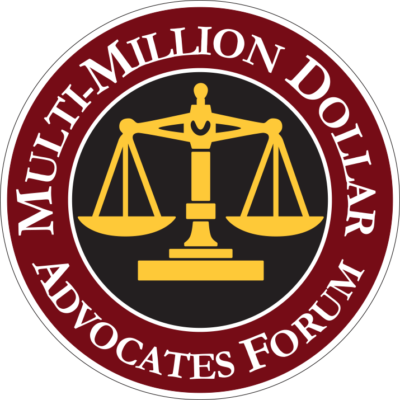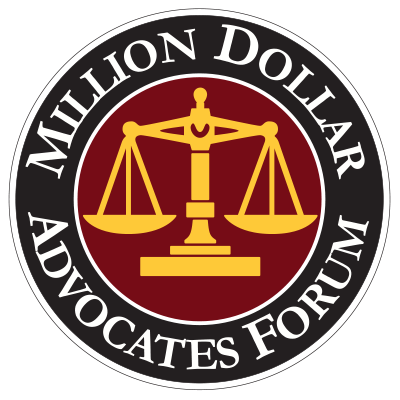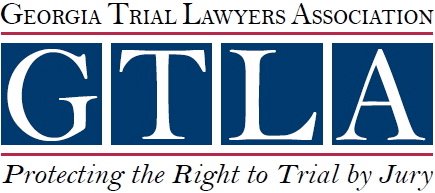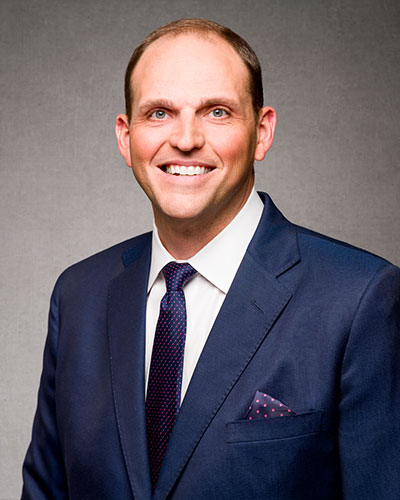Whether you’re a property owner, tenant, or visitor, understanding your rights and responsibilities regarding premises liability is essential for protecting yourself and others from harm. Let’s explore this complex legal concept in detail.
What is Premises Liability?
Premises liability refers to the legal responsibility of property owners and occupants to maintain safe conditions on their premises. When individuals suffer injuries due to hazardous conditions on someone else’s property, they may have grounds for a premises liability claim. These claims typically arise from accidents such as slip and falls, inadequate security leading to assaults or robberies, dog bites, swimming pool accidents, and more.
To establish a successful premises liability claim, certain elements must be satisfied:
Duty of Care: Property owners and occupants owe a duty of care to ensure their premises are reasonably safe for visitors. The extent of this duty varies depending on the visitor’s status: invitee, licensee, or trespasser.
Breach of Duty: A breach occurs when the property owner or occupant fails to uphold their duty of care by allowing hazardous conditions to exist or failing to address known dangers.
Causation: The hazardous condition must be the direct cause of the plaintiff’s injuries. Without a direct link between the condition and the harm suffered, it’s challenging to establish liability.
Damages: The plaintiff must have suffered measurable damages, such as medical expenses, lost wages, pain and suffering, or property damage, as a result of the accident.
Premises liability cases can encompass a wide range of scenarios, including:
Slip and Falls: Slip and fall accidents are among the most common premises liability claims. These occur when a person slips, trips, or falls due to a hazardous condition like wet floors, uneven surfaces, or debris.
Inadequate Security: Property owners have a duty to provide adequate security measures to protect visitors from foreseeable criminal acts. Failure to do so can result in liability for injuries caused by assaults, robberies, or other criminal acts.
Dog Bites: Dog owners may be held liable for injuries caused by their pets if they fail to prevent attacks or properly restrain aggressive animals.
Swimming Pool Accidents: Property owners with swimming pools must take precautions to prevent accidents such as drownings, slips, or falls. This includes installing fences, gates, and safety equipment.
If you or a loved one feel you are a victim of any of the above incidents, contact a premises liability attorney, like the ones at Princenthal, May & Wilson, LLC
What Rle Does Visitor Classification Play in Premises Liability Law?
A property owner’s duty varies depending on the visitor’s classification: invitee, licensee, or trespasser.
Invitees: Invitees are individuals who are invited onto the property for business or commercial purposes. This category includes customers at retail stores, patrons at restaurants, or clients at offices. Property owners owe invitees the highest duty of care and must maintain their premises in a reasonably safe condition. This includes regularly inspecting the property for hazards, promptly addressing any dangerous conditions, and providing warnings if necessary.
Licensees: Licensees are individuals who enter the property with the owner’s permission but for non-business purposes. This category may include social guests or friends invited to a private residence. Property owners have a duty to warn licensees of any known dangers that may not be obvious and to refrain from willfully causing harm.
Trespassers: Trespassers enter the property without permission from the owner. While property owners generally do not owe a duty of care to trespassers, there are exceptions. Property owners must refrain from willfully causing harm to trespassers and should take reasonable steps to avoid creating hidden dangers that could cause severe injury.
Property Owner Responsibilities
Now, let’s explore the specific responsibilities that property owners in Georgia must uphold to fulfill their duty of care:
Regular Inspections: Property owners should conduct regular inspections of their premises to identify any potential hazards such as slippery floors, uneven surfaces, or faulty equipment.
Maintenance and Repairs: Promptly addressing any dangerous conditions or defects on the property is essential. This may involve repairing broken steps, replacing malfunctioning door locks, or fixing loose handrails.
Warning Signs: Property owners should provide adequate warnings to visitors about potential hazards that may not be immediately obvious. This could include placing signs indicating wet floors, uneven terrain, or areas under construction.
Security Measures: In certain situations, property owners may be required to implement reasonable security measures to protect visitors from foreseeable harm, such as installing surveillance cameras or hiring security personnel.
Compliance with Building Codes: Ensuring compliance with local building codes and safety regulations is crucial for property owners. Failure to meet these standards could result in increased risk of accidents and legal liabilities.
Representative Cases
What are Possible Defense Against Premises Liability Lawsuits?
Premises liability claims in Georgia can pose significant legal challenges for property owners, businesses, and individuals. When faced with such claims, understanding the available defenses is essential for mounting a robust legal strategy. Your premises liability lawyer can help you understand some of the defenses your case may face.
Premises liability law in Georgia holds property owners responsible for maintaining safe conditions on their premises to prevent harm to visitors. However, the law also recognizes certain defenses that property owners can invoke to mitigate or defeat liability in premises liability claims.
Lack of Notice: One of the primary defenses in premises liability cases is demonstrating that the property owner did not have actual or constructive notice of the hazardous condition that caused the injury. Actual notice refers to the property owner’s awareness of the dangerous condition, while constructive notice refers to circumstances where the property owner should have been aware of the condition through reasonable inspection and maintenance practices.
Open and Obvious Doctrine: Under the open and obvious doctrine, property owners may argue that the hazardous condition was open and obvious to the plaintiff, and therefore, the property owner cannot be held liable for injuries resulting from the condition. This defense asserts that the plaintiff should have been aware of the danger and taken reasonable precautions to avoid it.
Comparative Negligence: Georgia follows a modified comparative negligence system, which means that if the plaintiff is found to be partially responsible for their injuries, their recovery may be reduced in proportion to their degree of fault. Property owners can assert comparative negligence as a defense by arguing that the plaintiff’s own actions or negligence contributed to their injuries.
Assumption of Risk: Property owners may also assert the defense of assumption of risk, which applies when the plaintiff voluntarily exposed themselves to a known danger. By knowingly assuming the risk, the plaintiff may be barred from recovering damages for injuries resulting from that danger.
Statutory Immunity: In certain circumstances, property owners may be immune from liability under Georgia’s premises liability laws. For example, landowners who allow others to use their property for recreational purposes without charging a fee may be immune from liability for injuries sustained by recreational users under the Recreational Property Act.




Children and Premises Liability
When it comes to children, who may be less aware of potential dangers and more prone to accidents, the legal considerations for premises liability become even more significant.
Property owners have a heightened duty of care when it comes to children due to their inherent vulnerability and lack of awareness of potential dangers. This duty is particularly crucial in premises where children are likely to be present — such as parks, playgrounds, schools, daycare centers, and residential areas.
A premises liability lawyer can help you navigate the several key factors that come into play in cases involving children in Georgia:
Attractive Nuisance Doctrine: Under the attractive nuisance doctrine, property owners may be held liable for injuries sustained by children trespassing on their property if the injury was caused by an attractive nuisance—a condition that is likely to attract children and pose a danger to them. Common examples include swimming pools, trampolines, abandoned vehicles, and construction sites.
Child Trespassers: While property owners generally do not owe a duty of care to trespassers, there are exceptions when it comes to child trespassers. Property owners may be held liable for injuries sustained by child trespassers if they failed to take reasonable steps to prevent harm, such as securing hazardous conditions or posting warning signs.
Supervision and Warning: Property owners have a responsibility to provide adequate supervision and warnings to children who are allowed on their premises. This may include maintaining proper fencing around swimming pools, posting signs indicating potential hazards, and ensuring that playground equipment is in safe condition.
Standard of Care: The standard of care expected of property owners in premises liability cases involving children is often higher than that for adult visitors. Property owners are expected to anticipate the presence of children and take appropriate measures to ensure their safety, even if the children are trespassing.
Hiring a Personal Injury Attorney How Long Will a Personal Injury Case Take?Related Videos
A Premises Liability Attorney Will Advocate for You
As liability in premises-related cases heavily relies on specific facts and is often vigorously contested by property owners, occupants, and their insurers, it’s crucial to reach out to a premises liability lawyer promptly. This ensures the preservation of video evidence, collection of witness statements, and initiation of case preparation.
At Princenthal, May & Wilson, LLC, our attorneys are dedicated to vigorously defending your rights and pursuing the maximum compensation you deserve. With our firm by your side, you can trust that we’ll advocate fiercely on your behalf. Allow us to assist you in your recovery and work tirelessly to secure a favorable outcome in your case.





